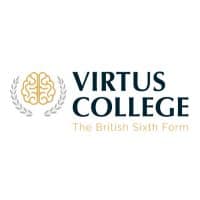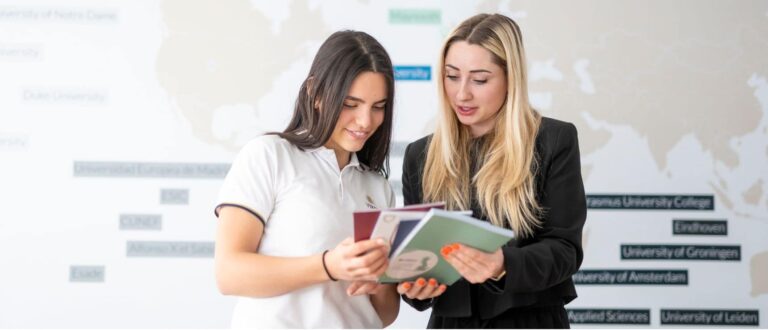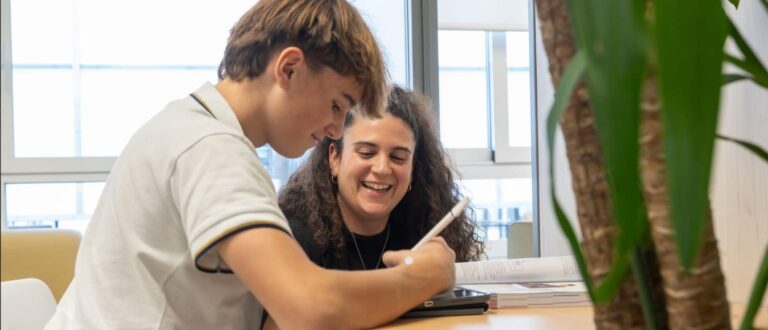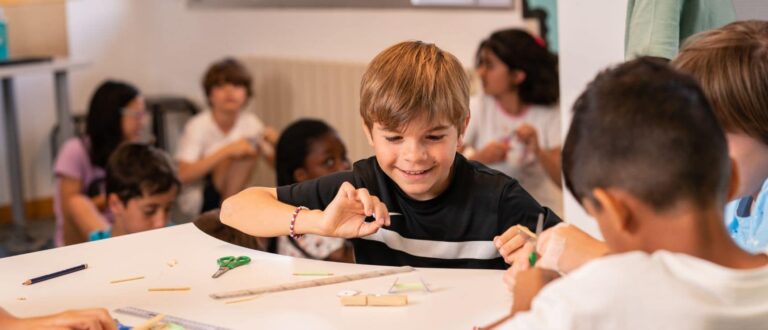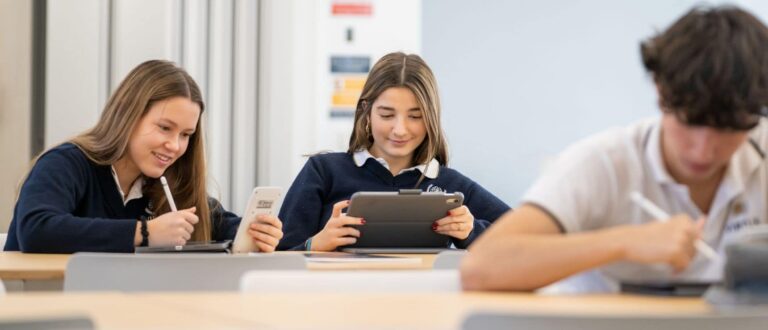Mock examinations have become a valuable tool in the education of British schools. These mock exams, aimed at assessing students’ preparedness for their final exams, have proven to be instrumental in helping students achieve success. But just how important are mock examinations, really? Let’s delve into the significance of these practice tests and their role in shaping students for future success.
What are mock examinations?
Mock examinations, also known as practice exams or trial exams, are simulated assessments that closely resemble the format, content, and conditions of actual exams.
These mock tests are designed to provide students with a real-life exam experience before the big day. They cover the same syllabus and are often timed to mimic the time constraints of the actual test.
Benefits of mock examinations
Preparation
Mock examinations serve as a test for students. They allow students to assess their current understanding of the subject matter, identify areas of weakness, and make necessary adjustments in their study routines.
These practice tests provide a snapshot of where students stand academically, offering them a realistic preview of the challenges they will face in their final exams.
This early assessment not only helps them understand their strengths and weaknesses but also provides an opportunity for teachers to offer targeted support and guidance.
Reducing exam anxiety
Final exams often come with a significant amount of pressure and anxiety. Mock examinations play a crucial role in alleviating this anxiety.
By familiarising students with the exam format and timing, they help reduce the fear of the unknown.
Students who have experience with mock examinations tend to be better prepared psychologically and are less likely to be overwhelmed when they sit for their finals. This reduction in anxiety can lead to improved performance and better results.
An analysis, which encompassed 24 studies and was published in Educational Psychology Review in August 2023, found that practice tests and quizzes not only enhanced academic achievement but also led to a reduction in test anxiety on average.
Learning from mistakes
One of the most valuable aspects of mock exams is that they provide a platform for students to make and learn from their mistakes.
When students receive their mock examination results, they can analyse their errors and understand the areas where they need improvement. This self-assessment process is a vital step in the learning journey, as it encourages self-reflection and adaptation.
Students who take mock exams seriously can use their mistakes as stepping stones to success, working on those weak points and gaining a deeper understanding of the subject matter.
Building confidence
Confidence is a key ingredient in exam success. Mock examinations offer students the chance to build their confidence by experiencing exam-like conditions and testing their knowledge.
As they consistently perform well in these practice tests, their self-assurance grows. This heightened confidence often translates to better performance in final exams, as students feel well-prepared and capable.
Customised learning
Mock examinations help teachers and students alike by revealing the specific areas that need attention. They allow teachers to tailor their teaching methods to the needs of individual students.
This personalisation of the learning process can lead to more effective teaching and enhanced student outcomes.
Real-life experience
Mock examinations simulate real-life exam situations, helping students become acclimated to the exam environment.
From time management to the pressure of a timed exam, students gain valuable experience that will serve them well in their final exams.
This experience is invaluable, as it ensures students are not caught off guard during the actual assessments.
How to make the most of mock examinations
Schedule regular mock examinations: Regular practice with mock examinations is key to reaping the benefits. Set aside time to take them under exam-like conditions.
Review your results: Analyse your performance, focusing on the areas where you made mistakes or faced difficulty. Use this information to guide your study plan.
Simulate real conditions: Ensure that the environment during the mock examination is similar to the actual test. Sit at a desk, use a timer, and follow all the rules.
Seek feedback: If possible, review your mock examinations with a teacher or tutor who can provide insights and suggestions for improvement.
Stay positive: Approach mock examinations with a positive attitude. Use them as a valuable learning experience, not just an assessment of your knowledge.
Mock examinations at Virtus, The British Sixth Form College
In a British school that values academic success, mock examinations are an indispensable part of the educational journey.
They offer students a chance to gauge their preparedness, reduce anxiety, learn from their mistakes, build confidence, and gain real-life experience.
Mock examionations are not just practice; they are a blueprint for success. So, how important are mocks, really? In the grand scheme of education, they are crucial, contributing significantly to a student’s journey toward academic achievement.
